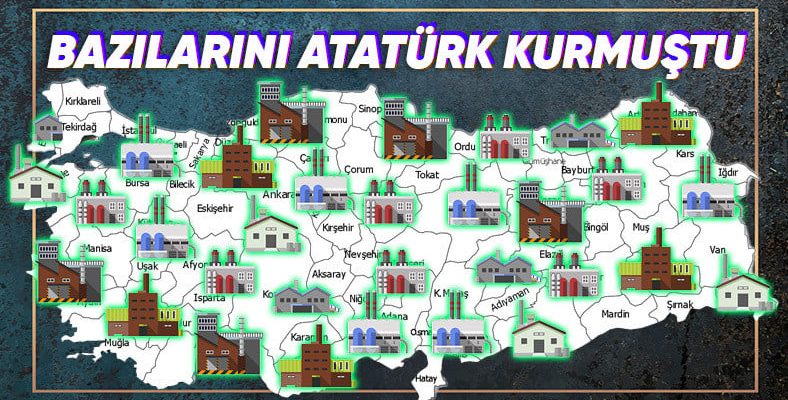Today, the privatization of many state institutions is at the center of intense debate. While privatizations are advocated with issues such as encouraging more efficient service delivery, increasing competition, developing the capital market and reducing the financial burden on the public sector, the economic, social and political consequences of this strategy also bring about discussions.
The concept of privatization, which came to the fore in Turkey after 1980 but encountered legal obstacles, gained momentum after 2001 and the Many institutions were privatized. While some of them were sold during this period, some of them were also sold, which was a special budget institution affiliated with the Ministry of Treasury and Finance of the Republic of Turkey. Privatization Administrative Directorate was established. (1994)
Since we hear about and examine privatized state assets from time to time, we are actually considered to be familiar with the subject. That’s why we leave talking about what privatization is or what it actually should be to another context, and it has been in our country since the 1980s. privatized state assets let’s see.
Sümerbank, the first public investment of the Republic
Founded by Ataturk in 1933 Sumerbankwas an organization that produced commercial goods. Sümerbank, which is both a textile industry and a bank, public savings It was created with . The organization is Turkey’s raw cotton producer and exporter; It also incorporated cement factories, iron and steel facilities, paper and cellulose facilities.
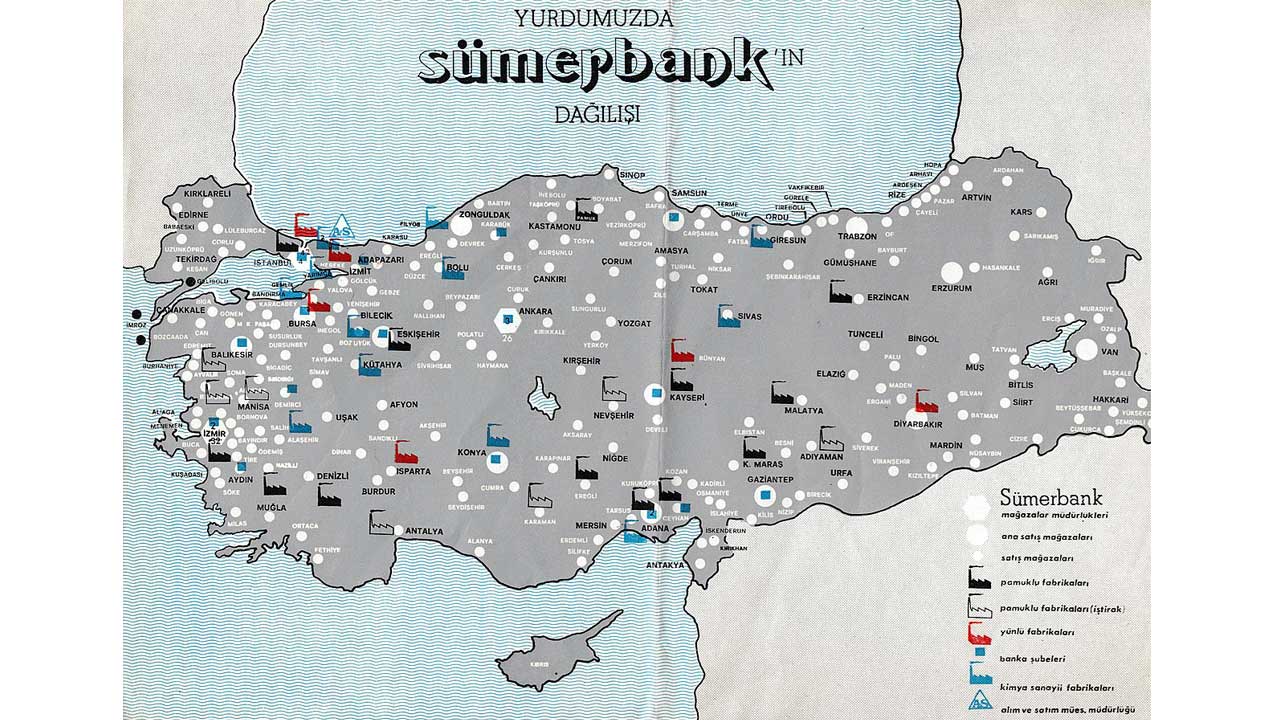
With a decision taken in 1987, it was decided to privatize Sümerbank. Sümerbank Group of Companies was established in 1988. On October 24, 1995 To Garipoğlu Group of Companies for 103.4 million dollars sold. The company lost Sümerbank after its name was involved in the murder and Türkbank scandal. in 1999 Do not transfer it to TMSF then in 2001 It was sold to Oyak Group.
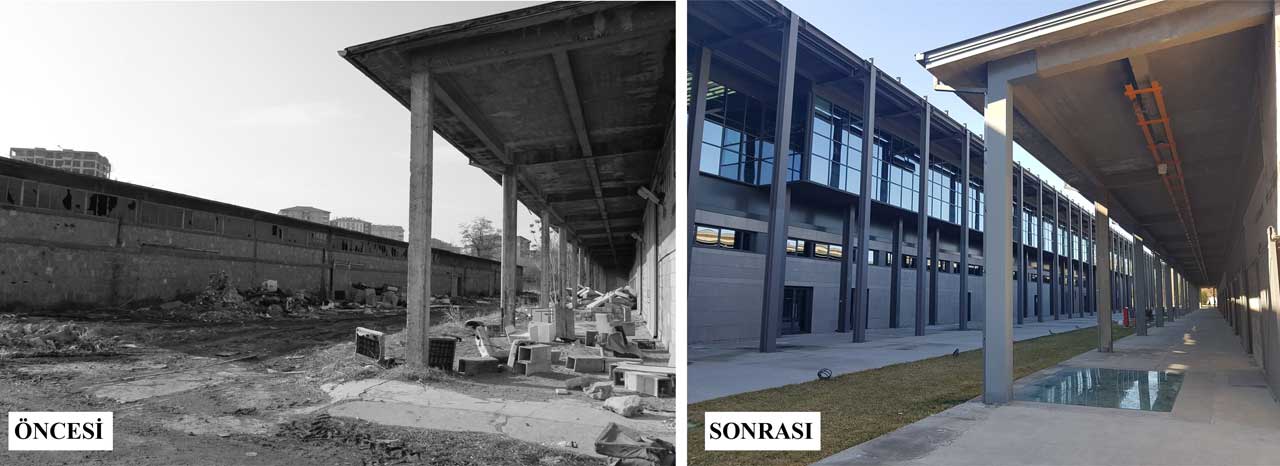
Tekel, the only tobacco and alcohol company in Turkey, was also taken into privatization.
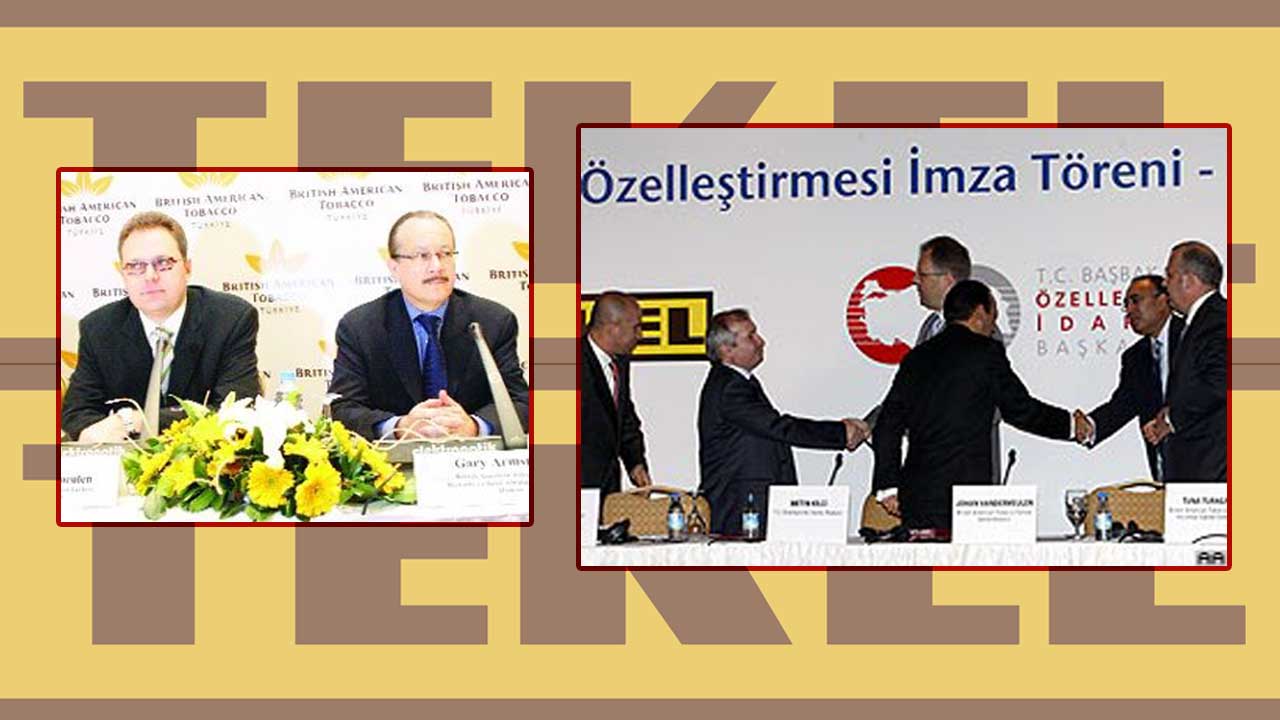
Founded in 1862, Tekel It was the only authorized institution in our country regarding tobacco and alcohol. Allowing the private sector to produce tobacco in 1983 and granting approval to import foreign cigarettes in 1984 caused Tekel to lose its importance.
While foreign companies started to produce cigarettes, Turkish tobacco was put on the back burner, and with the privatization decision taken in 2001, corporate factories began to close. Alcohol department in 2003, To Nurol-Özaltın-TÜTSAB Joint Venture Group for 292 million dollars sold. The tobacco department was also established in 2008. 1 billion 720 million dollars to British American Tobacco sold. Thus, the era of Monopoly ended.
RELATED NEWS
While the State Institution Tekel had a say in Alcohol and Tobacco for a period, what happened and it became history?
It’s not just institutions that are privatized.
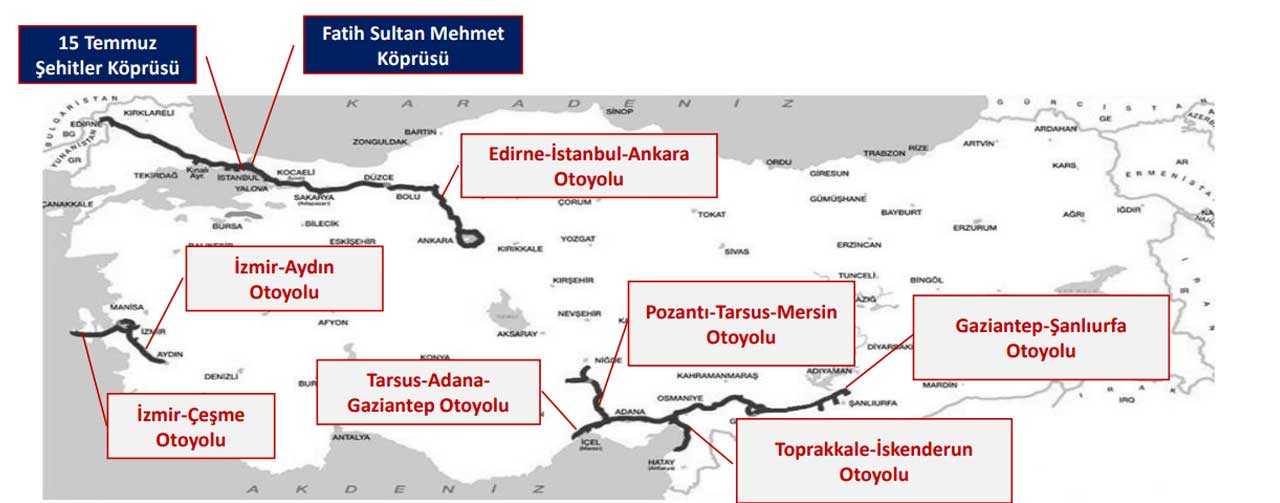
Privatization was also made for highways and bridges. With the tender held in 2012, including the Bosphorus and Fatih Sultan Mehmet Bridges. Privatization of 8 highways happened. Koç-UEM-Ülker partnership, which made the highest bid in the tender with 5 billion 720 million, received the operating rights of bridges and highways for 25 years.
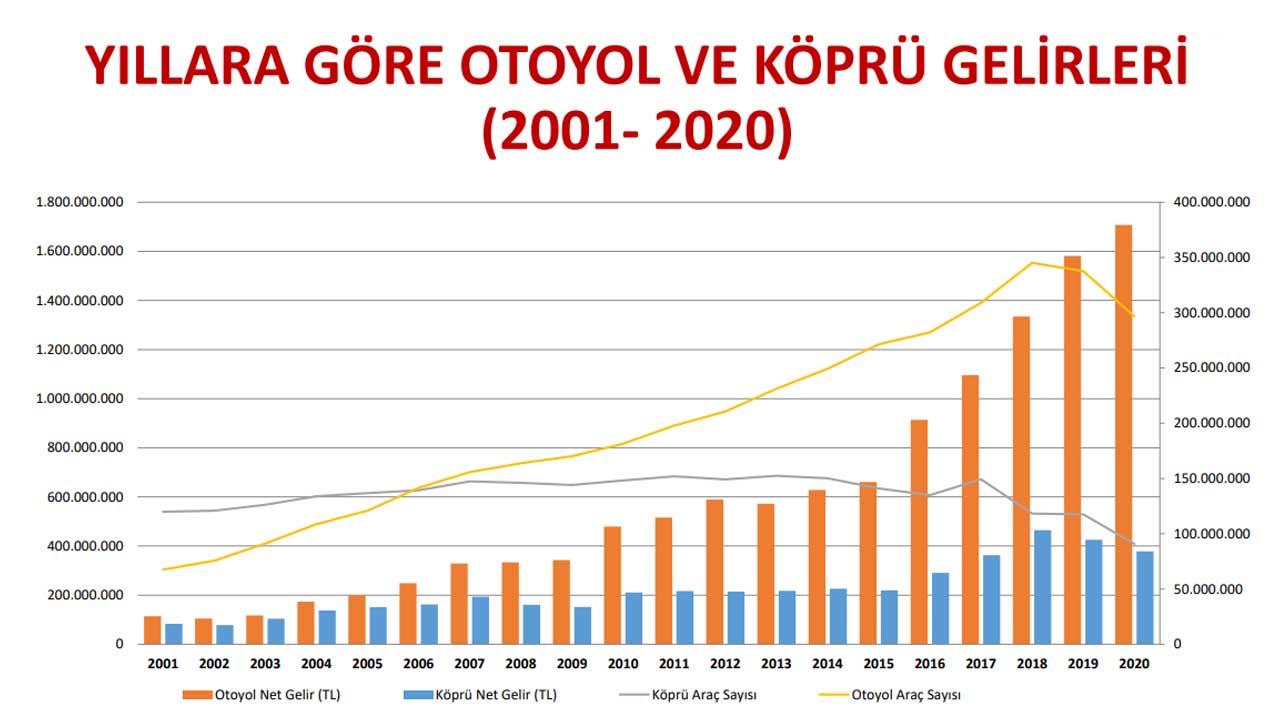
With privatization, ownership of highways and bridges was transferred to the private sector, and they gained the right to operate them for 25 years. Moreover Koç-UEM-Ülker partnership During this period, he also took responsibility for the maintenance and repair of highways and bridges. This tender was also the second highest-priced privatization tender within the scope of privatization. The first one is in a subheading.
Türk Telekom, which was sold for the highest price during its period, was involved in many speculations.
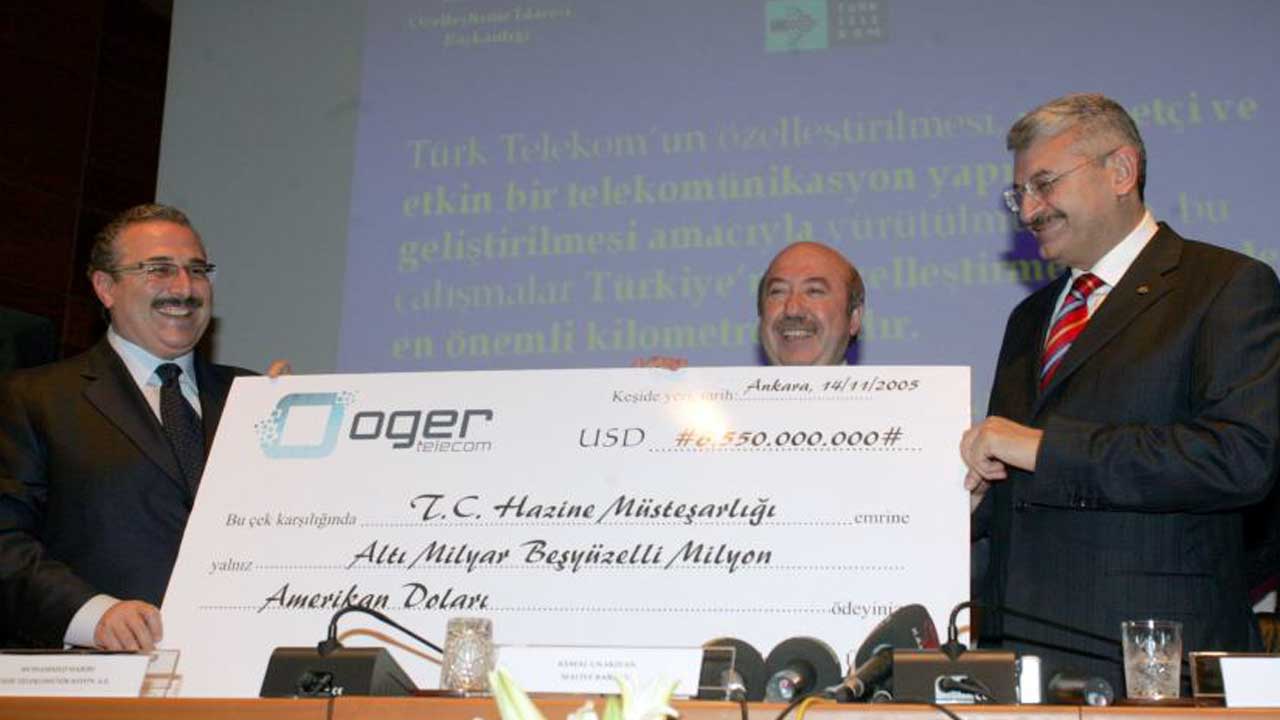
Türk Telekom, which was established in 1995 as a result of the separation of PTT’s telecommunication and postal services, was included in the scope of privatization in 2005 and its 55% share was To Lebanese OTAŞ for 6.55 billion dollars sold.
After this sale, which was one of Turkey’s largest privatizations, OTAŞ obtained a contract from a consortium including Turkish banks in 2013 in order to pay for the shares. $4.75 billion loan took.
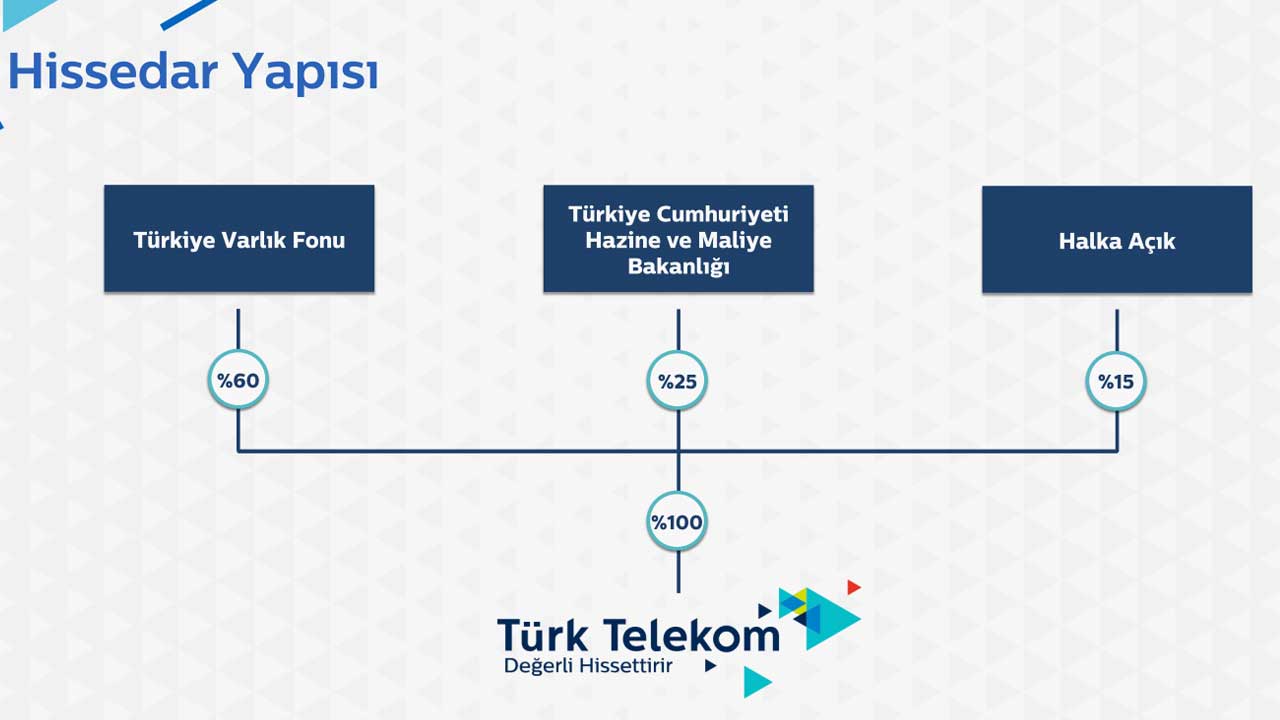
OTAŞ could not make the 290 million dollars it was supposed to pay in 2016 and the next two payments. After this trouble, the shares owned by OTAŞ were traded in 2018, including creditor banks. It was transferred to LYY Telekom company. In 2022, LYY’s shares were transferred to the Turkey Wealth Fund with the permission of BTK. The following statement was made for the transfer:
“As a result of the negotiations with LYY, the purchase price for the shares subject to the transaction was determined as 1 billion 650 million USD. In addition, the portion corresponding to LYY’s 55 percent share of the dividend amount to be decided by Türk Telekom’s General Assembly, based on the independently audited 2021 consolidated financial statements, will be paid to LYY.”
Until privatization, SEKA met Turkey’s paper needs.
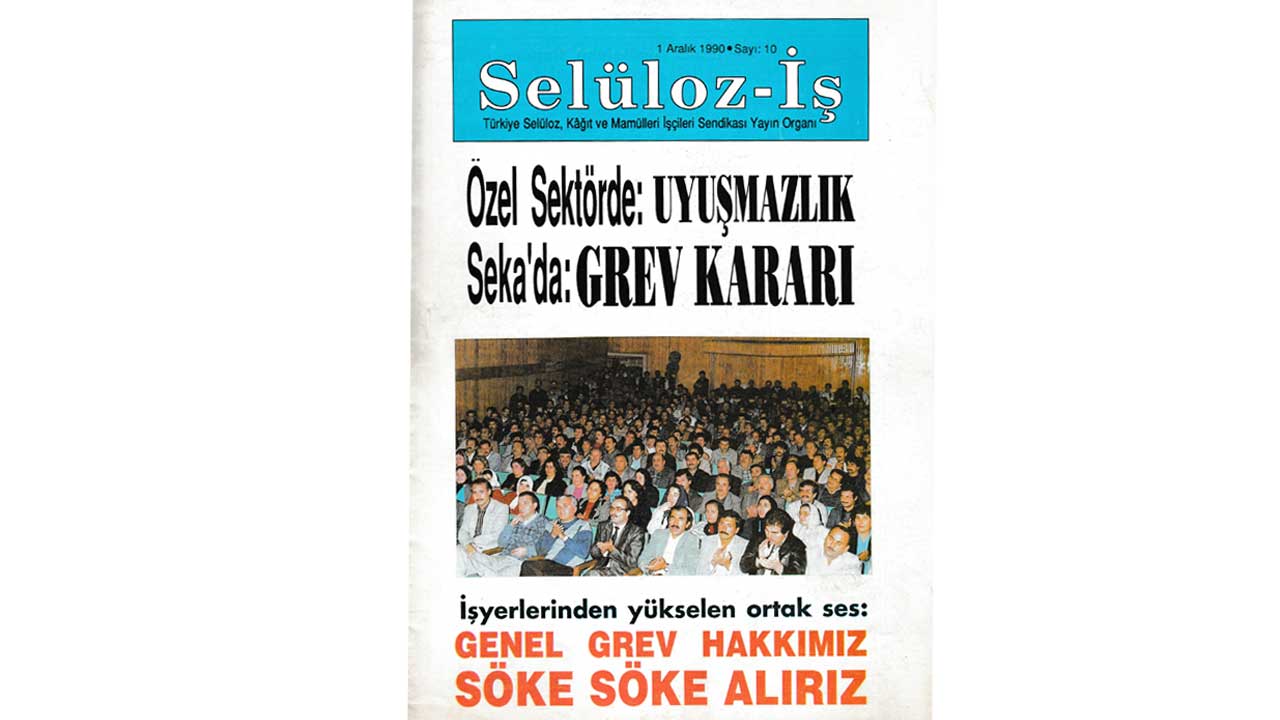
Founded in 1936, SEKA (Turkey Cellulose and Paper Factories Inc.) started its operations in Izmit and carried out production in different parts of the country such as Balıkesir, Afyon and Dalaman. The raw material of paper is newspaper, cleaning and packaging paper, including cellulose. It has produced in many areas.
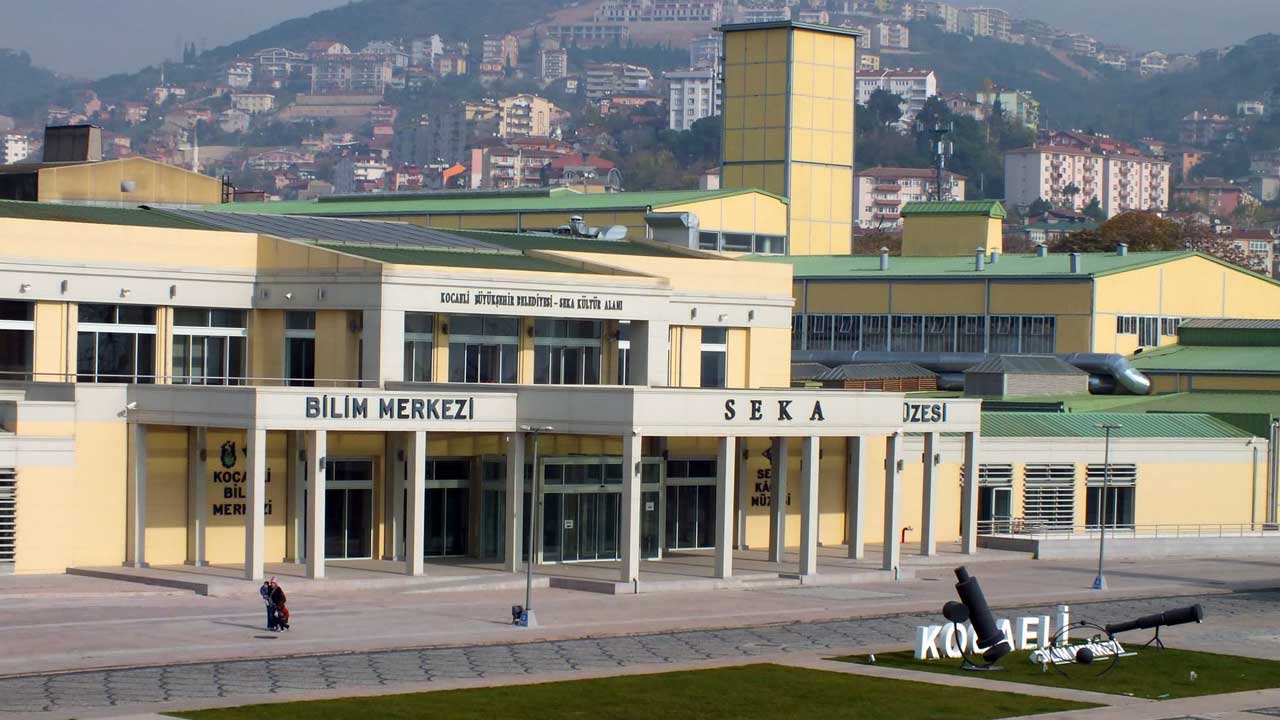
In 2003 SEKA, Albayrak Tourism Travel Construction Tic. to AŞ was granted, but two months later the execution of the privatization was stopped. Albayrak was expected to return SEKA, but it was not done. At the end of the process, which continued with many lawsuits, in 2012 Albayraklar paid 794 thousand 318 dollars with late payment interest. In this process, the commitment to operate the factory for 5 years was not fulfilled and in 2010 The machines in the factory were sold. The factory land was sold in 2013.
Sugar factories that were first sold and then transferred to the Türkiye Wealth Fund
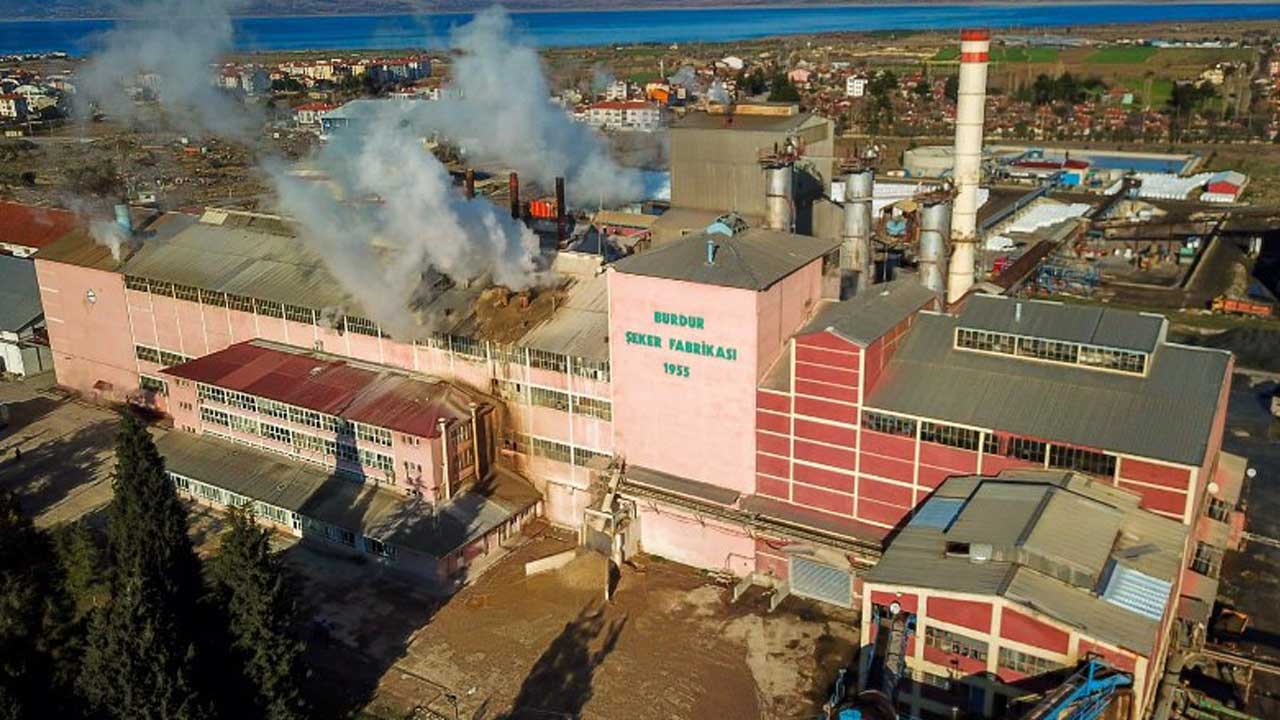
Turkish Sugar Factories, It was taken into privatization in 2000. In this context:
- Çorum Sugar Factory was transferred to Pure Solid Fuel Industry Company for 528 million liras.
- Kırşehir Sugar Factory to Tutgu Gıda for 330 million lira
- Yozgat Sugar Factory, 275 million liras; Niğde-Bor Sugar Factory to Doğuş Çay for 336 million liras
- Ilgın Sugar Factory to Alteks for 637 million lira
- Turhal Sugar Factory to Kayseri Sugar for 569 million liras
- Elbistan Sugar Factory to Mutlucan Tuz for 297 million lira
- Alpullu Sugar Factory to Binbir Gıda for 150 million lira
- Burdur Sugar Factory was sold to Ersen Group for 487 million lira.
- Muş Sugar Factory was sold to MBD İnşaat and Öz Er-Ka İnşaat for 230 million 200 thousand liras.
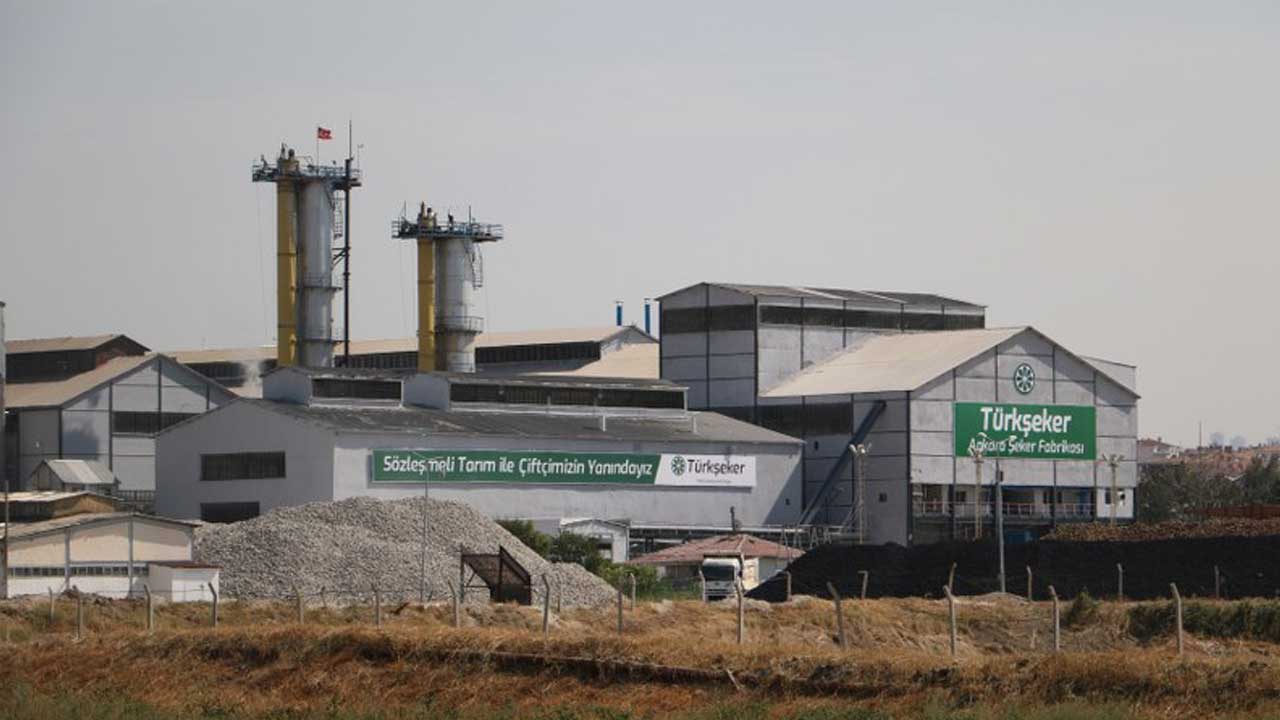
In addition to these, a thousand belongings of Ankara Sugar Factory 660 decares of farm land, Belongs to Malatya Sugar Factory 198 decares of land, It belongs to the Sivas Sugar Factory, whose construction was abandoned. 589 decares of land was also included in the privatization program.
With the decision taken in 2021, Turkish Sugar Factories will be removed from the scope of privatization and It was transferred to the Türkiye Wealth Fund.
Meat and Milk Institution, which was first privatized and then removed from the scope of privatization
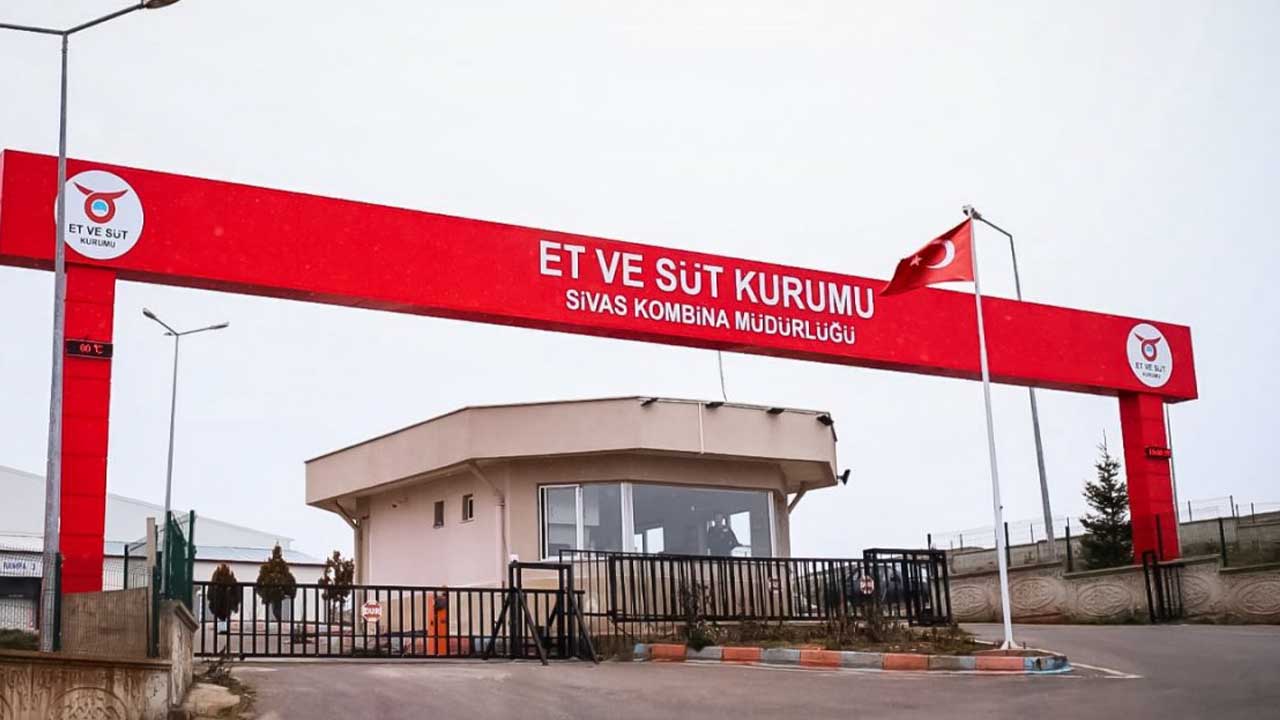
The Meat and Fish Institution, established in 1953, was created for the development of animal husbandry and fisheries. Turkey’s largest meat institution The Meat and Fish Institution, which became the Meat and Fish Institution, was privatized in 1993.
Following the privatization decision, Bursa, Afyon, Manisa, Samsun and Malatya were built between 1995 and 2004. 20 businesses were sold. During the same years, 5 businesses including Yüksekova and Konya free was transferred to official institutions. These institutions were left to the institutions of the region such as Konya Meram Municipality and Yüksekova Gendarmerie General Command. Between 1999 and 2003, 3 workplaces were closed.
The Meat and Fish Institution was excluded from the scope of privatization in 2005 and some businesses were transferred back to the institution. In 2013, the name of the institution changed to General Directorate of Meat and Milk Institution happened.
Transfer of banks to Türkiye Wealth Fund.
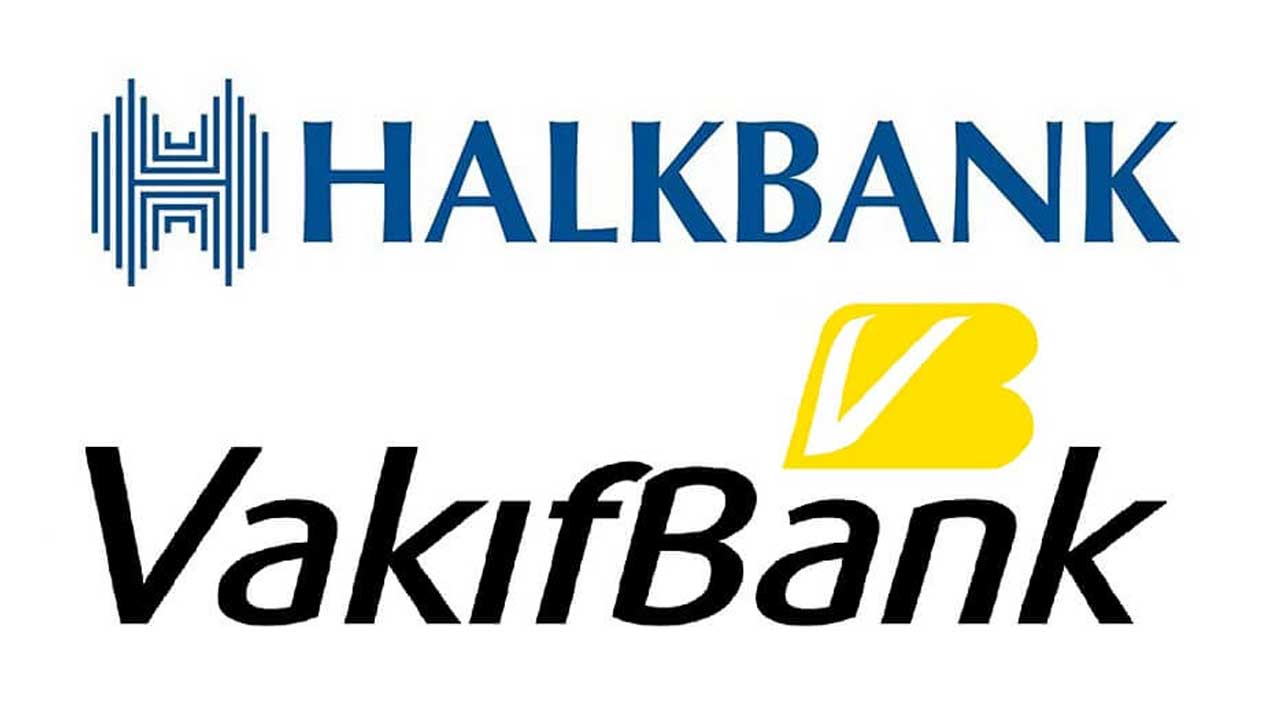
Halkbank’s issued shares will be sold through private placement in 2022. It was sold to the Turkish Wealth Fund. TVF’s ownership rate in Halkbank increased to 87.70. Vakıfbank, on the other hand, issued new shares and sold its entirety by private placement to TVF, again without offering it to the public. TVF’s share in Vakıfbank was 64.84%. 20.57% of the shares are To the Ministry of Treasury and Finance of the Republic of Turkey belonging
In addition to the institutions we have described, dozens of state institutions have been privatized since 2002. Some of these were sold and did not return to the state, while some were sold but later transferred to the Turkey Wealth Fund. Republic of Turkey Ministry of Treasury and Finance You can see other public enterprises in the report prepared in 2022.
RELATED NEWS
Controversial Suggestion from Economists: Privatize the Moon and Rent Its Lands
RELATED NEWS
“Isn’t this non-native too?” You Say: 19 Famous Turkish Brands Sold to Foreign Companies
RELATED NEWS
